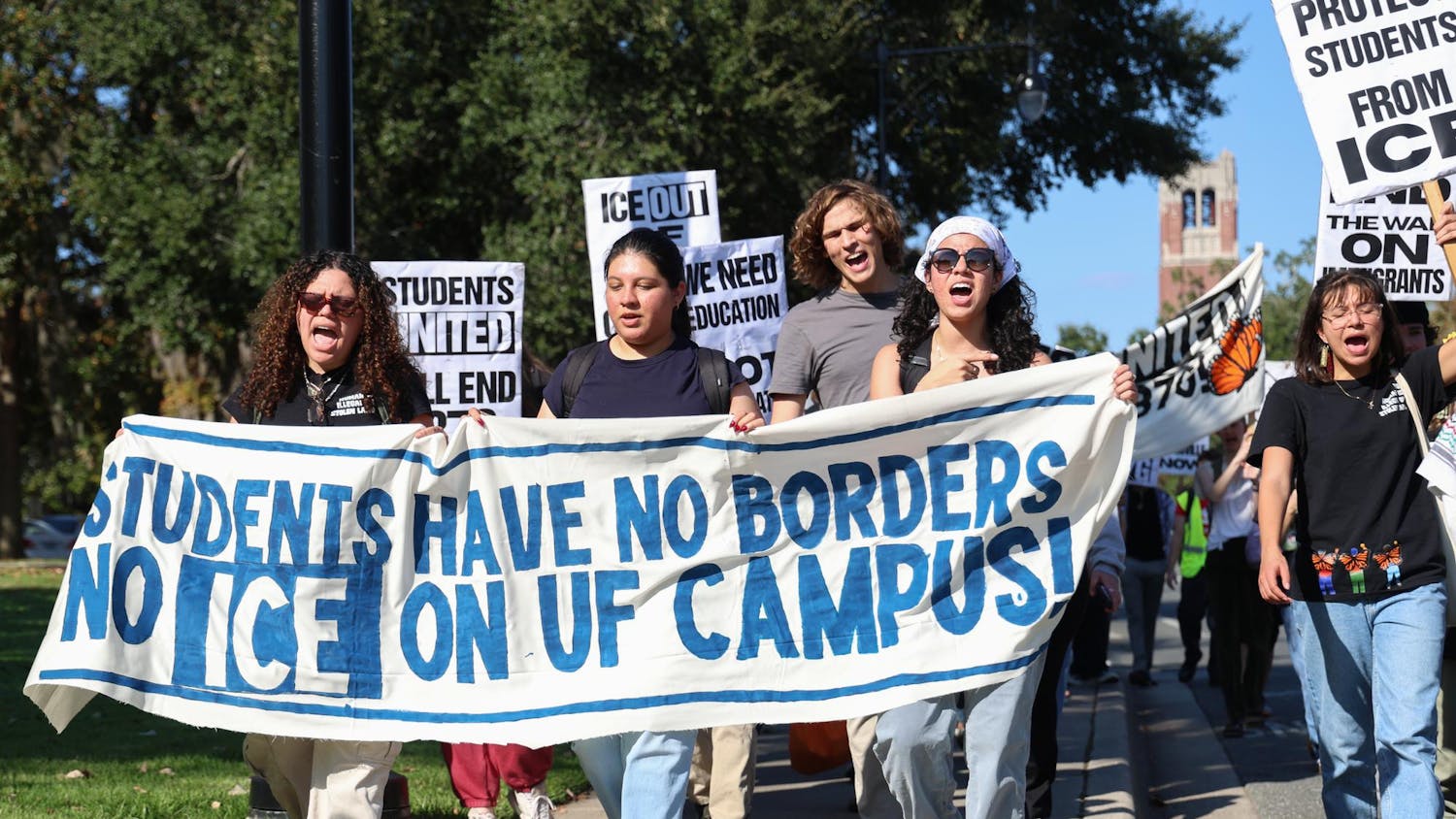Mercy For Animals commends UF for implementing Meat-Free Mondays in both of its dining halls to help conserve the environment, promote healthy eating and protect farmed animals from needless cruelty.
While it is great that UF is offering a robust vegetarian menu on Mondays, it would be even better if the university's Meat-Free Mondays program was entirely meat-free - if only for one day a week.
Just last month, the Environmental Working Group released The Meat Eater's Guide to Climate Change and Health, encouraging Americans to eat less meat and cheese. Last year, the United Nations declared that a global shift away from meat-based diets is vital to save the world from the most devastating impacts of climate change. Two years earlier, the Pew Charitable Trusts found that industrial animal agriculture "presents an unacceptable level of risk to public health and damage to the environment, as well as unnecessary harm to the animals we raise for food."
How do our food choices affect climate change? Animal agriculture is an extremely inefficient and resource-intensive way to produce food for the growing human population. It pollutes our environment and consumes huge amounts of water, grain, petroleum, pesticides and drugs.
Cutting back or eliminating consumption of animal products not only helps the environment and lowers the risk of serious health problems, such as obesity, heart disease, stroke and some types of cancers, but it also helps put an end to the unnecessary suffering of farmed animals.
Since 2003, dozens of colleges, high schools, cities, restaurants, chefs, celebrities, and magazines have adopted Meatless Mondays to reduce animal suffering, combat global warming and promote healthy eating. UF has taken a big step in the right direction by offering vegetarian meals in honor of Meat-Free Mondays. We encourage the university to take it just a step further by going completely meat-free on Mondays.
Eddie Garza
New York Campaign Coordinator, Mercy For Animals





